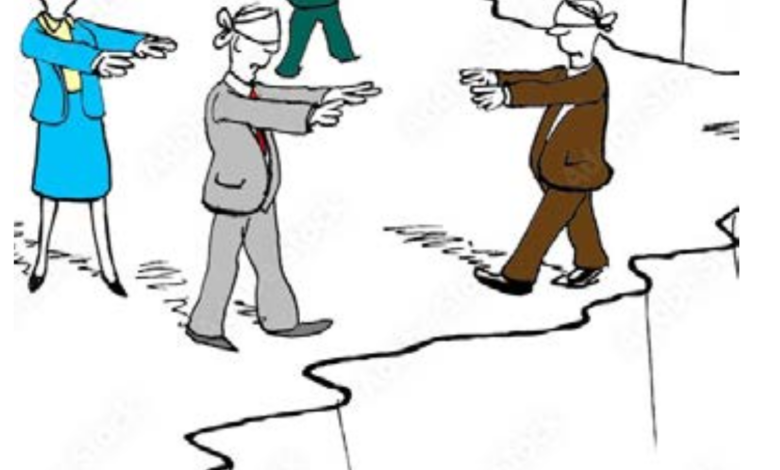The crisis of blind following

By Yusuf Ali Bulafu
In recent years, the Muslim community in Uganda has witnessed remarkable growth in terms of religious education and practice. Islamic schools, mosques, and religious gatherings are more prevalent than ever, creating an environment where the fundamentals of the faith are well-preserved. However, a troubling trend is emerging: many youths are being raised to be followers rather than thinkers. While following religious principles is central to being a Muslim, it is equally vital to foster critical minds that can engage with the complexities of the modern world.
The Prophet Muhammad emphasized the importance of seeking knowledge and using reason to understand the signs of Allah. Yet, today’s educational models often prioritize memorization over understanding, and conformity over inquiry. This approach risks producing a generation that lacks the ability to tackle new challenges, engage with differing viewpoints, or critically analyze their faith in a dynamic world.
As Uganda’s Muslim community continues to grow, it faces a critical decision: will it raise a generation of independent thinkers who contribute to the Islamic intellectual tradition, or will it remain content with raising followers who lack the skills to engage deeply with their faith and society?
Understanding the Problem
In Uganda, much of Islamic education is centered around the traditional madrasa system. While this system has long served the Muslim world by preserving essential religious knowledge such as Quran memorization, Fiqh (jurisprudence), and Hadith, it is often limited in scope. Students are trained to memorize large amounts of information but are rarely encouraged to question, analyze, or apply these teachings in dynamic, real-world contexts.
This approach has significant consequences. Recently, a friend of mine was challenged as to why he was a Muslim, and every reason he gave for his faith was the same that someone from another religion might give. This was not because Islam lacks depth, but because we haven’t groomed ourselves to be thinkers. Instead, we have been taught to follow the religion simply because others are doing the same.
When our youth cannot critically engage with their faith, they risk developing a crisis of belief. They may face difficult questions but lack the tools to answer them in ways that resonate personally hence leading to a wave of pseudo-Muslims.
Moreover, critical thinking does not just give logical proof of our religion—it puts us in a position of willful submission to our Creator.
By thinking deeply about the commands of Allah, one realizes that everything He has commanded us is for our benefit, and everything He has forbidden us from is for our protection.
As Shah Waliyyullah Dehlawi eloquently expressed in his book Hujjatullahi Al-Baaligha (The Conclusive Argument of God), true understanding of Islam comes when we realize the wisdom behind divine commands. This realization transforms a believer’s faith from mere ritualistic following to conscious, willful obedience rooted in conviction and understanding.
The lack of critical thinking is not solely a local problem. The global Muslim community has faced intellectual stagnation in recent centuries, after having been a beacon of knowledge and discovery during the Islamic Golden Age. Colonization, political instability, and internal divisions have contributed to a decline in the intellectual and scientific contributions of Muslims globally. Uganda is no exception.
Today, Muslims around the world face the pressures of secularism, materialism, and an overreliance on religious authorities who sometimes discourage intellectual engagement in favor of rigid adherence to tradition. In Uganda, these global influences are compounded by limited access to modern educational resources, further exacerbating the issue.
TO BE CONTINUED…





